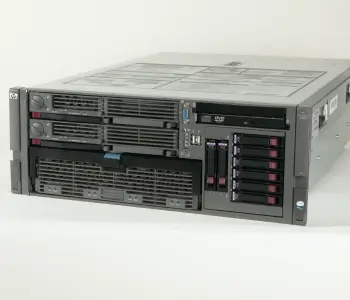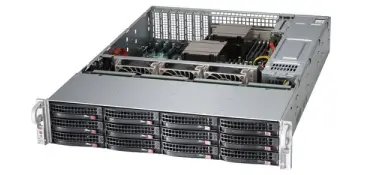RAID Data Recovery
Secure Data Recovery Services has been performing onsite, remote, and in-lab RAID data recovery from failed RAID systems for nearly two decades.
Our mission has always been to deliver the best results technologically possible while maintaining the strictest security controls. Your data stays protected at every stage of the recovery process with the numerous industry-specific security attestations we hold, including regular SSAE18 SOC, 1, 2 & 3 audits.
We are ready to help you recover from digital disasters, anywhere and at any time, with an industry’s best No Data, No Recovery Fee guarantee and a 96% recovery success rate.

























